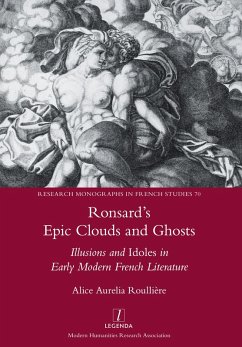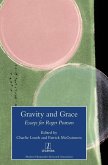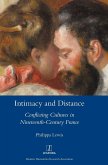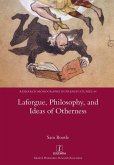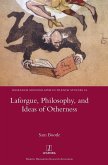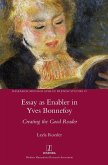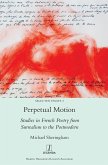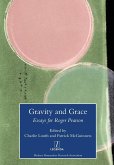Ghosts move freely, but often unnoticed, through the epics and poems published in early modern France. In the works of Pierre de Ronsard (1524-1585), the most influential French poet of the sixteenth century, ghosts stand at the intersection of national identity , poetics and the nature of the imagination. Before the 'spectres' studied by demonologists of the late sixteenth-century, Ronsard crafted the category of the idole to describe all sorts of apparitions inspired from the Homeric epic. These striking idoles were debated and imitated by other writers of the period who thought that the creation of a French national identity rested on the shoulders of poets. Often used for comical effects rather than to incite fear, these self-reflexive ghosts thus take on a political meaning and ironize royal mythography. In this literary study, Alice Roullière defines the specificity of Ronsardian ghosts as they travel from genre to genre, author to author to better disrupt political and poetic narratives of the period. Alice Roullière is an early career research and teaching fellow at St John's College, Oxford, where she teaches early modern French literature.
Hinweis: Dieser Artikel kann nur an eine deutsche Lieferadresse ausgeliefert werden.
Hinweis: Dieser Artikel kann nur an eine deutsche Lieferadresse ausgeliefert werden.

